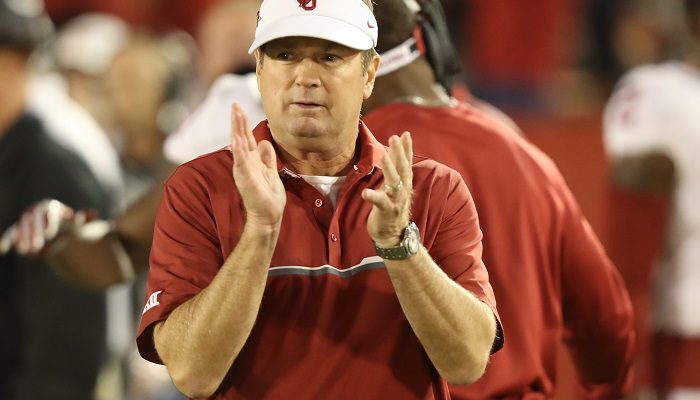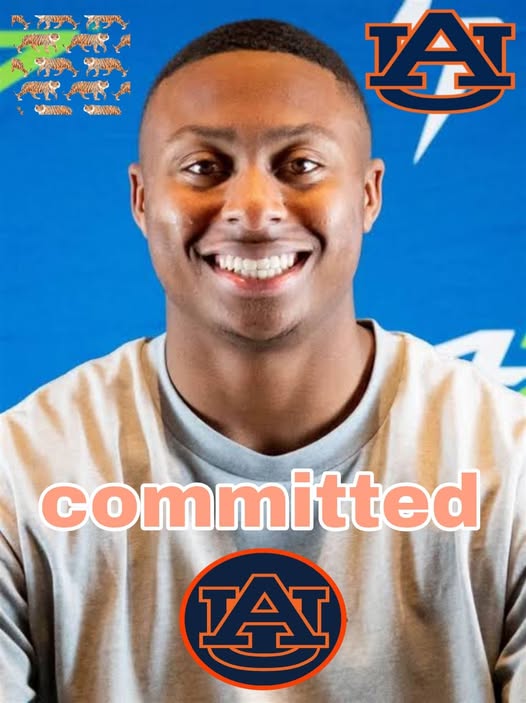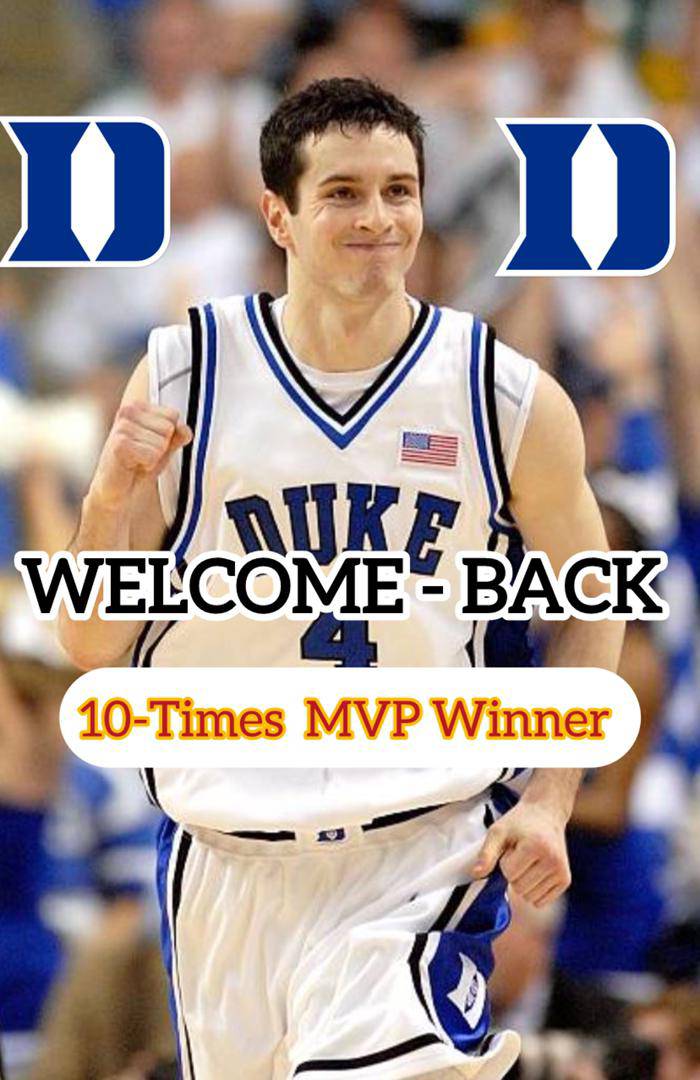Former Oklahoma Head Coach Shuts Down Speculation, Has No Interest in Sooners’ Athletic Director Role.
Former Oklahoma head coach Bob Stoops has put an end to the speculation linking him to the Sooners’ athletic director opening, making it abundantly clear that he has no interest in taking on that role. As soon as news broke about the vacancy in Oklahoma’s athletic department, the rumor mill started to spin, and Stoops’ name quickly surfaced as a potential candidate. For many, the idea of Stoops transitioning into an administrative leadership role seemed like a natural fit—he is one of the most iconic figures in the history of the university’s athletic program, and his fingerprints are still visible throughout the football program and beyond. However, Stoops has remained firm and direct: he’s not pursuing, nor is he interested in, the job.
Stoops’ association with Oklahoma football is legendary. Hired in 1999, he inherited a struggling program and turned it into a perennial powerhouse, winning a national championship in just his second season and compiling a career record of 190–48 over 18 seasons. His tenure was marked by consistent success, including 10 Big 12 titles and countless bowl appearances. Even after stepping down in 2017, Stoops remained a beloved figure in Norman and continued to have an active presence around the program. When Lincoln Riley departed for USC in 2021, Stoops even returned on an interim basis to coach the team in the Alamo Bowl, showcasing not only his leadership but also his unwavering loyalty to the university. All of this only added fuel to the fire when people began speculating about his possible role in leading the entire athletic department.
Despite those connections, Stoops has reiterated that his time on the administrative or coaching side of college athletics is behind him. He has emphasized enjoying his current chapter of life, which includes business ventures, broadcasting duties, and family time. In fact, Stoops has found success and fulfillment in these new endeavors, particularly in his involvement with the XFL and his sports media contributions. He has also shown strong support for his son Drake Stoops, who was a wide receiver for the Sooners, further demonstrating that his focus has shifted toward being a father and enjoying the sport from the sidelines.
The position of athletic director at a major Power Five school is no small undertaking. It demands not just a deep understanding of athletics, but a tireless commitment to administration, fundraising, compliance, NIL oversight, facility upgrades, strategic planning, and managing high-profile coaching hires. While Stoops certainly possesses the pedigree and respect to excel in such a role, the demands of the job do not align with the pace and direction of his life post-retirement. Stoops has openly said that the grind of college athletics, particularly the constant pressure and scrutiny, is something he’s happy to have left behind. It’s clear he prefers being close to the program without being consumed by the administrative machine that drives modern college sports.
Stoops’ clarity in distancing himself from the athletic director role also reflects his respect for the university. By stating his position early and unequivocally, he’s giving the administration space to conduct a thorough search without the distraction of speculation. This transparency helps the university maintain focus on identifying and attracting the right candidate who is fully committed to the responsibilities that come with the role. The next athletic director will be stepping into a critical period for Oklahoma athletics. With the school’s move to the Southeastern Conference now a reality, the challenges and opportunities have multiplied. From increased competition to evolving NIL dynamics and student-athlete welfare concerns, the next AD will be tasked with guiding Oklahoma through one of the most transformative eras in its history.
Whoever assumes the role will be charged with not only supporting Brent Venables and the football program as it navigates SEC competition but also ensuring that all sports—men’s and women’s—thrive in an increasingly competitive landscape. The transition to the SEC means more media exposure, more pressure to perform, and more scrutiny on all decisions, from budget allocations to coaching hires. That kind of environment requires someone who is deeply immersed in the intricacies of modern athletic administration and ready to adapt on the fly. For Stoops, whose contributions have already elevated the university’s profile, adding the responsibilities of athletic director simply doesn’t align with his current goals or lifestyle.
His response also signals an important reality in the world of college athletics: coaching legends don’t always make the jump into administrative roles. While some programs have attempted to pull iconic coaches into such positions, the skill sets don’t always translate seamlessly. Coaching involves motivational leadership and strategic on-field decisions; athletic administration demands financial oversight, long-term vision, and negotiation with various university stakeholders, donors, and governing bodies. It’s a different kind of challenge, and Stoops has the self-awareness to recognize where his passion and skills are best applied.
That said, Stoops’ continued presence around the program remains invaluable. Whether it’s mentoring current coaches, recruiting through his name recognition, or simply being a visible figure at games and practices, his impact continues to resonate. His availability during the Alamo Bowl coaching stint reminded fans and players alike of what makes him such a trusted and steady figure. His involvement—though unofficial—is a comfort to the program and adds a layer of continuity and legacy that few schools enjoy.
For Oklahoma fans hoping that Stoops might one day officially return in a major leadership capacity, this may come as a disappointment. Yet, it also reaffirms that his legacy remains intact and undisturbed. His chapter as head coach ended with dignity and success, and he has chosen to keep that legacy in its proper place. Stepping into a high-pressure role such as athletic director could potentially open the door to unnecessary criticism and distraction, something Stoops appears wisely intent on avoiding.
As Oklahoma searches for its next athletic director, the university will surely seek someone with deep leadership experience, strategic vision, and an understanding of the unique challenges facing a program on the cusp of a new era in the SEC. That search will continue with Stoops offering support from a distance, perhaps advising behind the scenes if asked, but not looking to sit behind the AD’s desk himself. His love for the school, his legacy, and his presence will continue to benefit Oklahoma, just not in the way many speculated.
This decision also reflects a broader trend in college athletics where high-profile names aren’t always the answer for administrative roles. As the business side of college sports becomes more complex, institutions are leaning toward professional administrators with legal, financial, and marketing expertise to manage massive athletic departments. While former players and coaches can bring invaluable perspective, the landscape increasingly requires a specialized skill set that extends well beyond the football field. Stoops’ honesty in acknowledging that is not only commendable but an example for others in similar positions.
Oklahoma’s next athletic director will be walking into an intense environment with high expectations, but they won’t be doing it in Stoops’ shadow—at least not officially. Stoops’ legacy is secure, his focus is elsewhere, and his message has been delivered with the clarity and conviction that marked his coaching days. He has nothing left to prove and nothing to gain by jumping into a role that doesn’t align with his vision for his future.
Ultimately, the Sooners will move forward with their search, and Bob Stoops will remain what he’s always been: a loyal advocate, a legendary figure, and a steady presence around Oklahoma athletics. His decision not to pursue the athletic director role is not a rejection of the university, but a reflection of where he is in life and the peace he’s found after years of high-level competition. It’s a reminder that legacy doesn’t have to mean more responsibility or higher office—it can simply mean continuing to inspire and uplift from a place of earned wisdom and quiet support. And for Bob Stoops, that’s more than enough.



